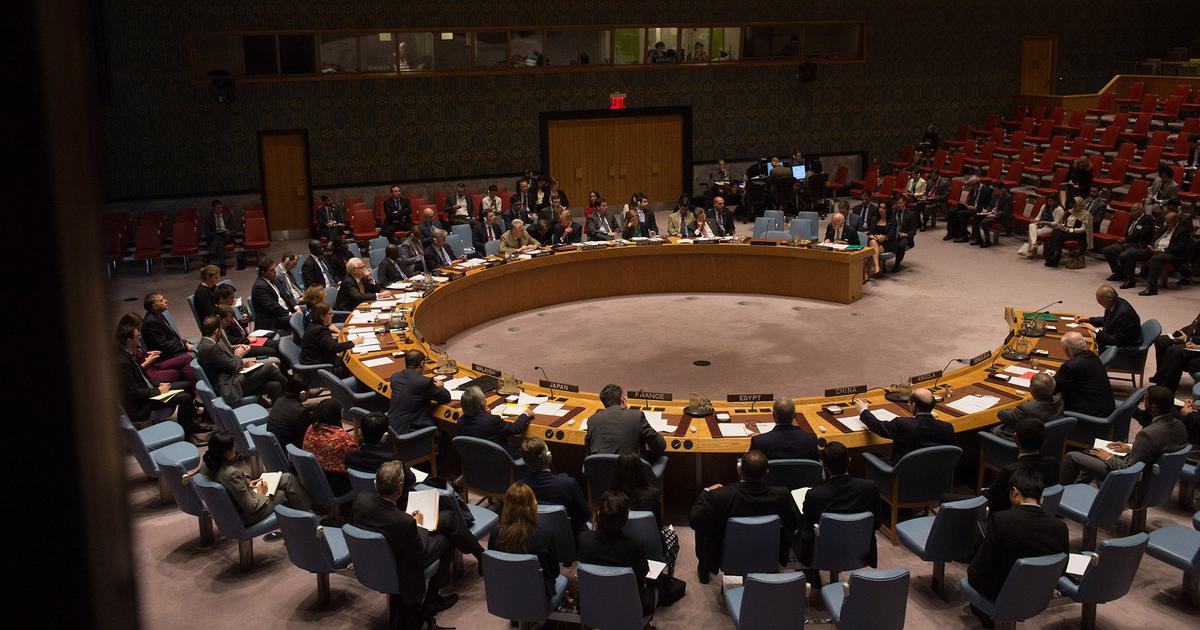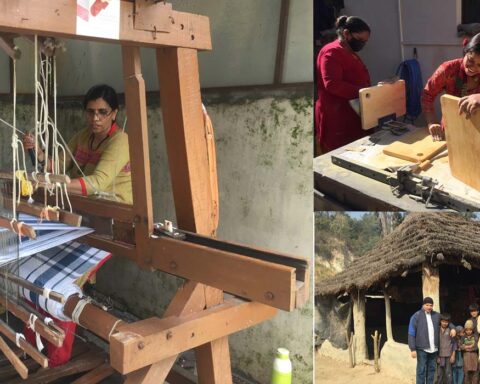More than three decades of continuous conflict have wreaked havoc on Afghanistan’s education system
Afghanistan’s sociopolitical and humanitarian issues have a significant impact on the country’s already frail education sector. Natural calamities like floods, earthquakes, and landslides make the situation worse for all children. These factors cause parents to be concerned about their children’s safety and may deter them from sending them to school.
A robust educational system is critical for enrolling more children in school, keeping them there, and assisting them in becoming healthy and responsible citizens. Each year of schooling raises future earnings by 3.9 percent on average. According to a policy study on community-based education from the now-deposed Afghan Ministry of Education, education in Afghanistan has risen tremendously since the century (2017). In 2017, about 9.2 million students were enrolled in formal education. Girls made up 39% of the total. In comparison to 2001, when just one million students had access to formal education, the majority of whom were boys, the number of girls enrolled in formal education increased dramatically. Girls were not allowed to receive formal education during the previous Taliban rule.
According to a UNICEF report, an estimated 3.7 million children in Afghanistan are still out of school, with girls accounting for 60% of the total. Many Afghans worry that under the new rule, the gains accomplished under past elected governments will be reversed. Girls have already been kept out of classrooms due to the civil war-like circumstances, socio-political tensions in the region, and traditional customs. Not everyone, though, has given up hope.
The UNESCO report, “The Right to Education: What is at Stake in Afghanistan?” shows progress made at all levels of the system, as well as the country’s wide range of constitutional and legal responsibilities to advance the right to education. Since 2001, Afghanistan has accepted international normative treaties on education and women’s rights, as well as enshrining the right to education for all people in the Constitution, which guarantees all boys and girls nine years of compulsory education.

























